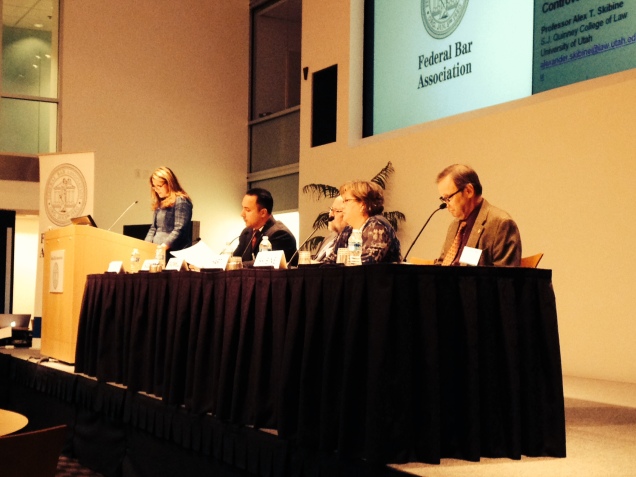And another here.
WASHINGTON, DC – Assistant Secretary – Indian Affairs Kevin K. Washburn today approved a request by the Mechoopda Indian Tribe of Chico Rancheria to acquire 626 acres in trust in Butte County, California, near the City of Chico for gaming purposes. The Mechoopda Tribe will construct and operate a modest gaming facility on 91 acres of the site. The project is estimated to create 214 full-time jobs.
“The Mechoopda Tribe has pursued this initiative for more than a decade,” Washburn said. “The acquisition of the land into trust for the purpose of establishing a class III gaming establishment will result in substantial financial benefits to the Tribe and help stimulate economic development.”
Decision will be published here.

You must be logged in to post a comment.